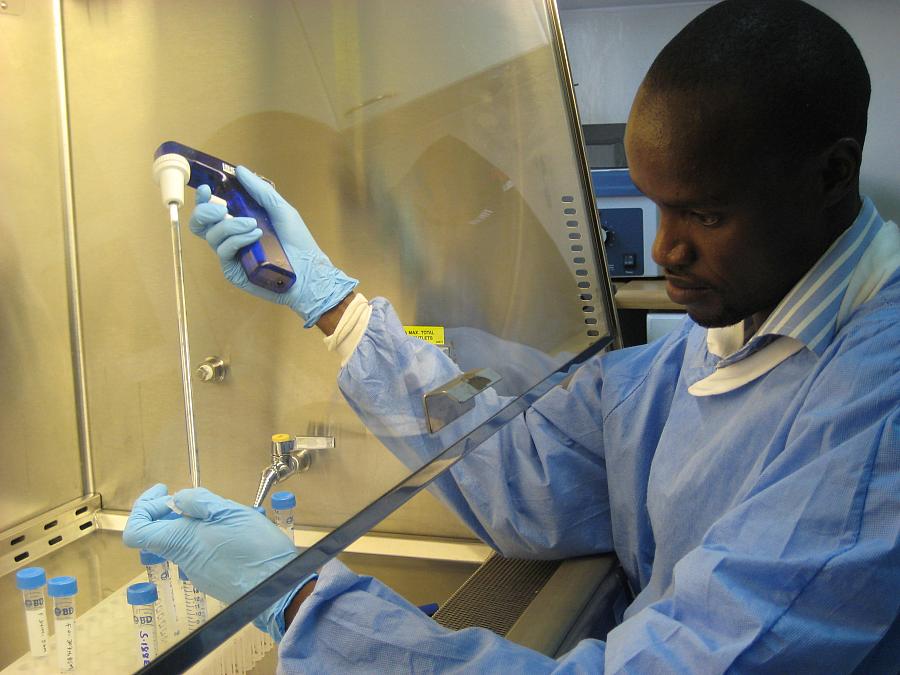Malaria: Treating fever is good, but best after diagnosis

Although the focus on treating every fever helps in the fight against malaria, giving ACT without malaria diagnosis portends disaster in this fight, a Kenyan health expert has said, warning that no African country should continue business as usual, as this risks continued loss of millions of the African children.
According to Prof Zul. Premji, Chair-Pathology, Aga Khan University Hospital, Nairobi, Kenya, a majority of African nations have seen declines in malaria cases without changing their practices drastically.
“Do we really need to diagnose malaria — why not treat every fever as malaria episode the way we are used to?” he asked, addressing a malaria audience during the launch of Novartis new antimalarial drug in Nairobi.
Malaria is a mosquito-borne disease caused by a parasite. People with malaria often experience fever, chills, and flu-like illness. Left untreated, they may develop severe complications and die.
According to Prof. Premji, infection due to P. falciparum has contributed to a small number of the total fever cases of children presenting at a District Hospital in Tanzania and studies have proved that there is a need for fever management protocols for both malaria and non-malaria infections, specifically for rural and urban areas.
Each year there are more than one million malaria-related deaths around the world. In 2010, an estimated 219 million cases of malaria occurred worldwide and 660,000 people died, most (91 percent) in the African Region, and the vast majority of malaria-related deaths occur in children. In Africa alone, a child dies every 60 seconds from malaria.
According to the US Centers for Disease Control, treatment of malaria depends on many factors including disease severity, the species of malaria parasite causing the infection and the part of the world in which the infection was acquired. The latter two characteristics help determine the probability that the organism is resistant to certain antimalarial drugs. Additional factors such as age, weight, and pregnancy status may limit the available options for malaria treatment.
But the CDC says that rapid and accurate diagnosis of malaria is integral to the appropriate treatment of affected individuals and in preventing the further spread of infection in the community.
Since 2000, malaria cases have fallen worldwide by 42 percent, and 49 percent in Africa, he said, adding that this is due to improved practices and use of the artemisinin combination therapies.
But Prof Premji said further improvement still needed in enhanced clinician training which should be designed to translate knowledge into prescribing practice and improve quality of care.
“Relying only on basic training is unlikely to be sufficient to support the behavior change required for the introduction of randomized diagnosis tests”, he said.
This, he adds, has the potential to halve overtreatment in public and mission health facilities in most of the African countries.
